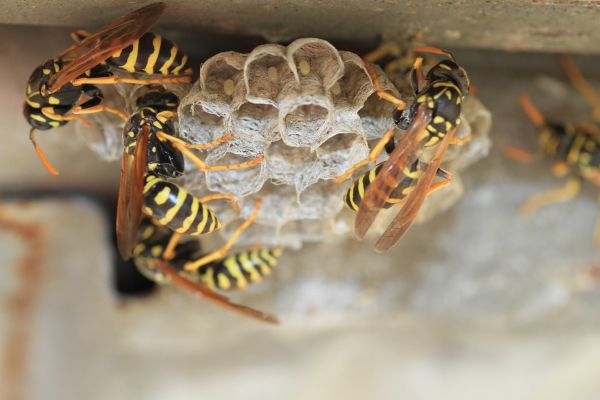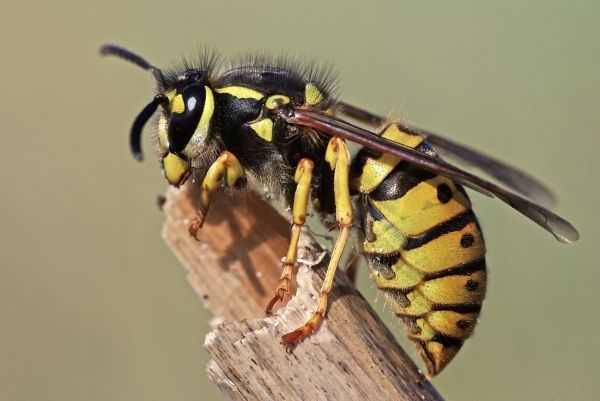FAQs About Wasp Nest Removal
What should I do if I find a wasp nest on my property?
If you discover a wasp nest on your property, it's best to avoid disturbing it and contact a professional wasp nest removal service. Attempting to remove a nest yourself can be dangerous, as wasps may become aggressive and sting.
How is a wasp nest removed safely?
A professional will assess the nest's location, size, and the type of wasps involved. They will use protective gear and specialized tools or insecticides to eliminate the wasps and remove the nest, ensuring safety for everyone nearby.
When is the best time to remove a wasp nest?
The best time to remove a wasp nest is in the early morning or late evening when wasps are less active and more likely to be inside the nest. Professionals often choose these times to minimize the risk of stings and ensure a more effective removal.
Can I prevent wasps from building nests on my property?
Yes, you can reduce the likelihood of wasps building nests by sealing cracks and holes in your home's exterior, removing food sources, and regularly inspecting areas where wasps are likely to build nests, such as eaves, sheds, and trees.
What happens if the wasp nest is not removed?
If a wasp nest is not removed, the colony will continue to grow, leading to an increased risk of stings and potential structural damage if the nest is built in or near your home. Additionally, wasps can become more aggressive as the colony expands, making removal more dangerous over time.



